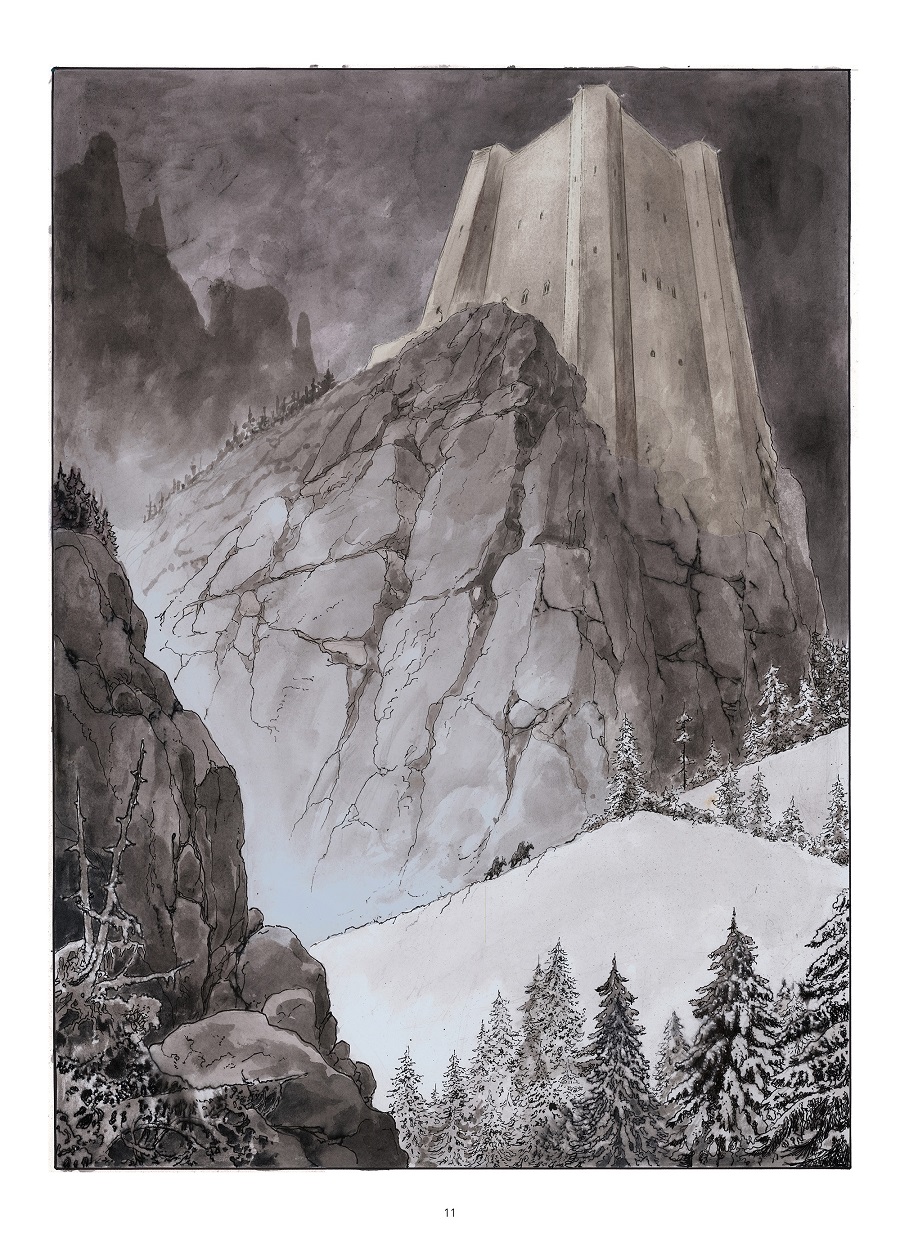
The Rose binge lasted quite some time, assisted by the success of the film adaptation of the book made by Jean-Jacques Annaud. Naturally, he was able to get on better with the translators whose languages he knew, but he also struck up a lively relationship with the Russian translator, Elena Kostijoukovitch, and the Japanese and Hungarian translators, in line with his well-known theory of “translation as mediation”. In these pages he offered explanations of some of the more inaccessible passages for non-Italians, details on the historical and cultural context, lexical alternatives, etc. Umberto met each of them one by one, but not before having given them a folder containing a few dozen pages, themselves worthy of publication for the blend of tact and publishing know-how.

A community of translators of The Name of the Rose formed spontaneously and even met up at a conference held at the School for Interpreters and Translators in Trieste. American translator William Weaver gave the name Rosa to the annex of his house in the Tuscan countryside that he was able to have built thanks to the royalties he received from his translation. Foreign editions were being published all over the world and were causing a great stir among critics because, while Eco was a debut novelist (in his 40s), he could, nevertheless, count on the interest, if not to say the curiosity, of the international academic world, in which he was held in great esteem as both an essayist and a visiting professor.įor most of his translators, translating Il nome della rosa was the summit, most gratifying the moment, of their careers. When I arrived, The Name of the Rose had only been published fairly recently and for which he had just been awarded the Strega Prize. It is perhaps no coincidence that our author-publisher relationship lasted thirty-five years, a relationship enriched and integrated by experiences grounded in friendship, a shared vision of things and a love of life. What I mean is that when our paths finally crossed, at the Bompiani publishing house, I immediately had the feeling that I knew him well, and not just as a writer.



The first thing that springs to mind thinking about Umberto Eco is how I felt that I already knew him and was on the same wavelength as him even before I had ever met him, merely from reading the things he had written that I came across in cultural magazines such as Il cavallo di Troia and Alfabeta, in addition to the leading weekly magazine L’Espresso, the left-wing newspaper il manifesto and, later, in the Corriere della Sera and la Repubblica national newspapers.


 0 kommentar(er)
0 kommentar(er)
